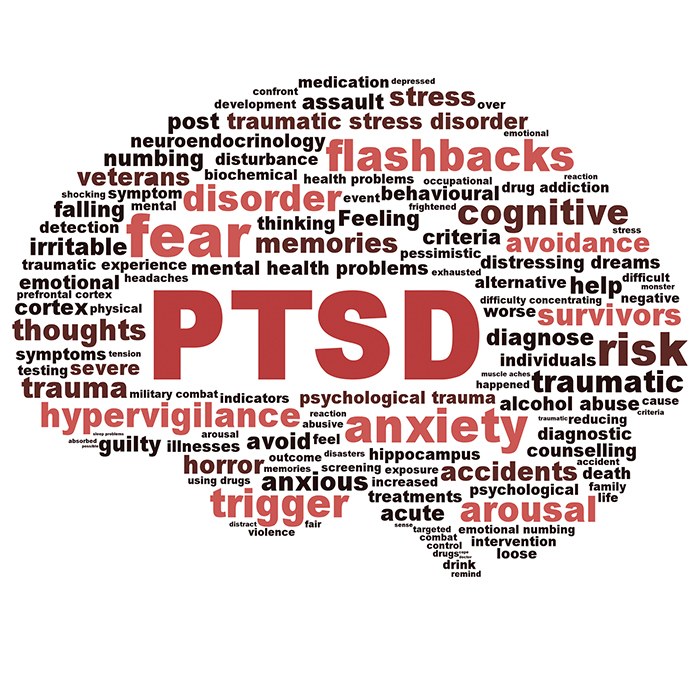
Everyone deals with stress in their life, and many are no stranger to tragedy and trauma in some capacity. When we need help to deal with those issues, whether it is post-partum depression for new moms, coping with the death of a loved one, or anxiety and depression in our teens, we can reach out and get that help.
Our first responders, however – police, fire, EMS, probation and correction officers – are expected to be always on, always tough, always ready to handle any emergency. That’s what they are trained to do and that’s what we pay them to do.
Sometimes, though, we forget they are people first. They have feelings; they can be hurt; they can be traumatized by death, violence and tragedy; and they deal with it on a daily basis.
As stated in our story on page 10 regarding PTSD Awareness Day, organizers discussed the need for frank and honest discussions about getting help to deal with operational stress – the day-to-day stress first responders and frontline workers face at work.
Post traumatic stress can affect people in so many different ways, and the affects can accumulate over time. You may be fine the first time someone asks, but the next day, an act or event might trigger a response that requires help coping.
As Staff Sgt. Gabe Tetrault explained, police officers for instance, are expected to be tough and stoic, simply burying their feelings and moving on after bad calls or difficult situations. They can mask those responses by turning to alcohol and drugs, instead of understanding they need to get to the root of their problem and treat it.
The stigma attached to “tough” men and women asking for help needs to be overcome, so those who really need the help to recover and to cope with daily stress get it.
Tetrault challenged people to have those difficult conversations with co-workers and not accept “I’m fine” as an answer when it is simply not true.
As a community, we need to support those people that run toward danger while we run the other way. They put their lives on the line for us. The least we can do is support them when they need time to get help so they can keep on saving lives.






